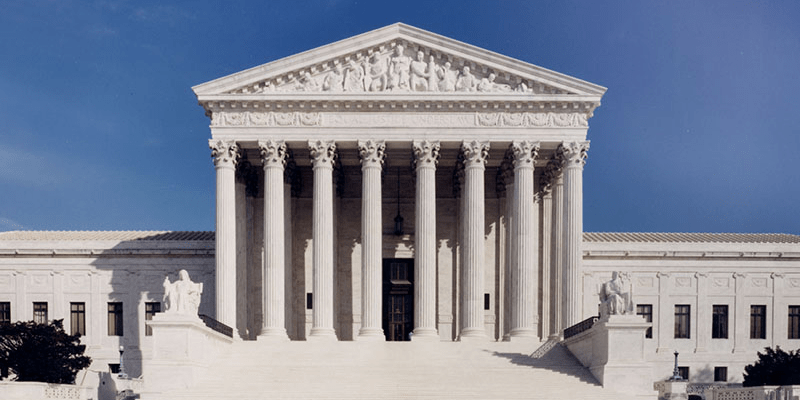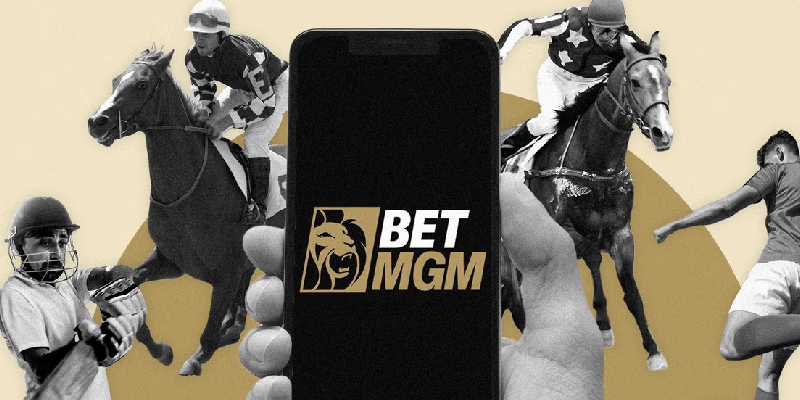Texas tribe's bingo offering upheld by US Supreme Court

As part of the state-related litigation, the Ysleta del Sur and Alabama and Coushatta Indian Tribes of Texas Restoration Act of 1987 was referenced, which restored the federally recognised status of the tribes.
Every form of gambling that is illegal in Texas is also illegal on tribal property and the reservation, according to this federal law. But tribal gambling cannot be "regulated" by the state.
Since charitable bingo tournaments are legal in the state, the tribe started sponsoring it in 2016.
But the Lone Star State did its best to halt this enterprise. The Fifth Circuit Court of Appeals for the United States found that it may close the business since the tribe's computerised bingo games were illegal in Texas.
The United States Supreme Court heard the tribe's appeal and eventually decided on this.
Texas admitted it did not "prohibit" bingo but did permit it for charity reasons, as the court pointed out.
"Right now, the state is just acknowledging that it permits the game based on regulations that dictate when, where, and how it can be played," it stated.
By this metric alone, it seems that Texas' bingo laws lean more towards regulation than prohibition, the report concluded.
But the state maintained its regulations make bingo illegal unless specific requirements are satisfied.
Nonetheless, this reading was rejected by the court.
"According to Texas, when laws governing gaming activities are interpreted broadly, they effectively become laws prohibiting gaming activities. This viewpoint goes against the principle of not giving one word a meaning so broad that it takes on the same meaning as another term in the statute," the statement stated.
In addition, the state cited specifics pertaining to the 1987 Restoration Act.
As part of this statute, the tribe made its opposition to Texas' attempts to extend its gaming rules to tribal territory known in a statement. Also, the tribe came clean about its plans to ban gambling on the reservation.
But the court ruled in favour of the tribe, 5-4. With support from Sonia Sotomayor, Stephen Breyer, Elena Kagan, and Amy Coney Barrett, Justice Neil Gorsuch authored the court's majority opinion.
The case was reminiscent of California v. Cabazon Band of Mission Indians, which Gorsuch compared to a 1987 decision in which the state was found to have "regulated rather than prohibited" bingo. In the end, the decision in this case was crucial in the formation of IGRA, which clarified the regulations surrounding tribal gaming.
With regard to the timing of the Cabazon decision relative to the Recognition Act, Gorsuch made special note of this. Therefore, he emphasised, while reading the Recognition Act, one should bear in mind the concepts of prohibition and regulation used in Cabazon.
"That seals the deal for us," Gorsuch stated. As a general rule, this court takes it as read that when Congress passes laws, it is cognisant of its own pertinent precedents.
"Cabozon was not just an important precedent involving Indian gaming; it was the precedent when Congress passed the Restoration Act."
The court went on to say that tribes were not given carte blanche to host any games they wanted because of this decision.
"This in no way implies that the tribe is free to provide gaming on any terms it sees fit," the statement read. That the Fifth Circuit and the Lone Star State misunderstood the Restoration Act is all that needs to be said. If a gaming activity is illegal in Texas, it is also illegal on tribal land according to that legislation.
In a ruling on the recognition law, the court ruled that IGRA was "in accordance with" the
the decision made by the tribe to disregard the gaming restrictions of the state of Texas as if they were federal legislation governing their territory.
Chief Justice John Roberts voiced his disagreement with the majority's decision in a dissenting opinion. "The tribe requested that the pending bill conferring federal trust status be amended to prohibit on the reservation all gambling as defined by Texas law," he said, referring to the recognition act.
This led him to argue that the case was unique and should not be handled in the usual way, pitting prohibition against regulation.
Following the Supreme Court's decision, the Fifth Circuit will reconsider the matter.
The tribe's attorney, Brant Martin, expressed satisfaction with the outcome but warned that legal action will likely persist.
Having been vindicated by the Supreme Court's judgement this morning, the tribe is understandably overjoyed. The court agreed with our reading of the Restoration Act, he added. "The opinion has given us the direction we need to continue the litigation in the lower courts," the company said.

Other News


Promoted Casinos
-
All casinos accepts players from Ireland
-
All casinos are Safe & Secure
-
Updated 26 Feb 2026








